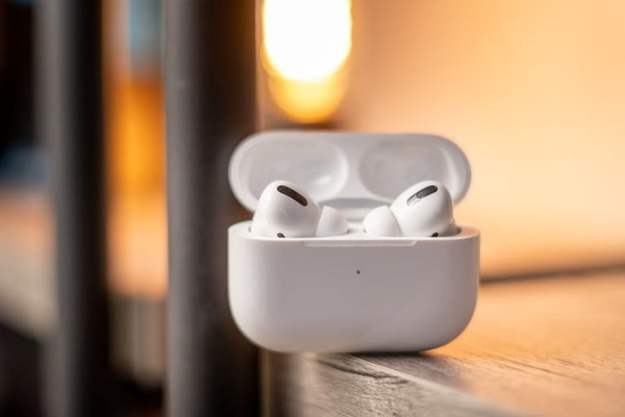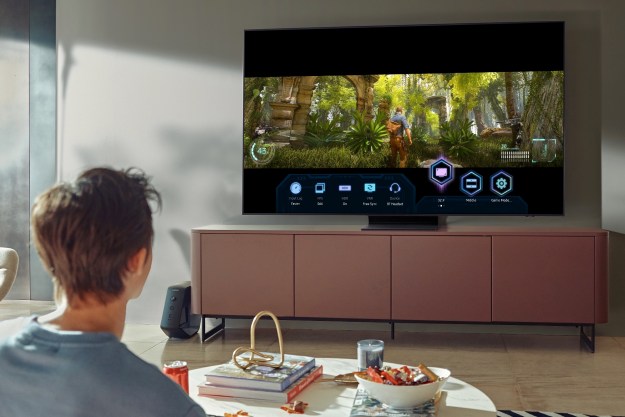 It is something everyone always threatens to do, but very few rarely do: To cancel their cable or satellite plan and be free of that huge monthly bill. But it looks as though more and more people are doing just that. According to the latest numbers from pay TV providers, in the second quarter of 2011, almost 200,000 people stopped paying for TV in the United States.
It is something everyone always threatens to do, but very few rarely do: To cancel their cable or satellite plan and be free of that huge monthly bill. But it looks as though more and more people are doing just that. According to the latest numbers from pay TV providers, in the second quarter of 2011, almost 200,000 people stopped paying for TV in the United States.
There are several different reasons why one would stop paying for TV, so we can’t tell for sure exactly why this number is so large, but there are clues. We reported just the other day that people are spending less on home entertainment these days. It could be as simple as people having less money to spend, leading them to cut back on the big expenses. Another stat that might point to simple budget reasons is the fact that TV ownership is down. If people don’t own a TV, it’s hard to make them pay for TV service.
Meanwhile, Netflix now rivals Comcast for subscribers, and Hulu Plus is on track for its first million subscribers this year.
TV providers might be losing customers, but they are happy that the customers they retain are paying them more than ever. With HDTVs becoming the norm, and DVRs being attached to most TVs, these are the types of add-on charges TV providers need to keep making money.
The romantic idea here is that people are getting fed up with the huge TV bills and cutting the cord. With more options than ever to view current content for drastically reduced prices, it’s becoming easier every day to cut the cord. Streaming services like Hulu and Netflix are even starting to produce their own content, which is a trend we can only see growing. The only issue with cutting the cord would be that in order to continue getting the content you want, you will have to keep an Internet connection. Unfortunately for many customers, our Internet providers are also cable providers. This means that it’s not hard to expect that as Internet traffic goes up and TV traffic goes down, the costs for Internet will also go up.
So have you cut the cord, are you living free of that huge cable bill?


